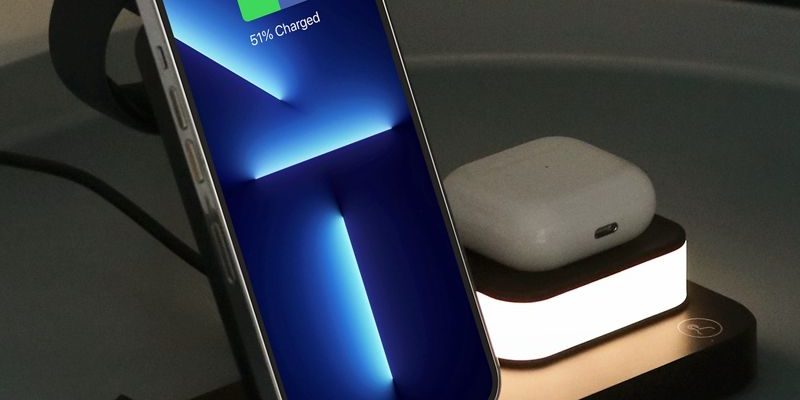Eco-Friendly Wireless Charging Stations: Green Solutions for Smart Homes
In an era where sustainability and environmental consciousness are at the forefront, eco-friendly wireless charging stations emerge as green solutions tailored for smart homes. These stations not only provide the convenience of wireless charging but also align with eco-friendly practices, reducing environmental impact and promoting sustainable living.
Key Features of Eco-Friendly Wireless Charging Stations
- Energy Efficiency
- Eco-friendly wireless charging stations are designed to optimize energy consumption. They utilize advanced power management systems to minimize standby power loss and ensure that only the necessary amount of energy is consumed during charging.
- Renewable Materials
- Many eco-friendly models are constructed using sustainable or recycled materials. This reduces the reliance on new resources and contributes to waste reduction. Bamboo, recycled plastics, and other eco-friendly materials are commonly used in the construction of these stations.
- Minimal Waste
- The design of these stations often emphasizes minimalism and longevity. By creating durable and repairable products, eco-friendly wireless charging stations aim to reduce electronic waste (e-waste). This approach encourages users to repair rather than replace their charging stations when issues arise.
- Sustainable Packaging
- The packaging of eco-friendly wireless charging stations is another area where sustainability is prioritized. Biodegradable or recyclable materials are used, and packaging is minimized to reduce waste and environmental footprint.
- Compatibility and Versatility
- These stations are designed to be compatible with a wide range of devices, including smartphones, tablets, smartwatches, and even some wireless earbuds. This versatility ensures that users can charge multiple devices simultaneously, reducing the need for multiple chargers and cables.
- Smart Integration
- Eco-friendly wireless charging stations can seamlessly integrate with smart home systems. They often come with smart features, such as energy monitoring, remote control capabilities, and integration with home automation platforms. This integration allows users to manage their energy consumption more effectively and contribute to a more sustainable lifestyle.
Benefits for Smart Homes
- Enhanced Convenience
- By eliminating the need for numerous cables and chargers, eco-friendly wireless charging stations declutter living spaces and enhance overall convenience. They provide a clean, organized look that aligns with the aesthetic of modern smart homes.
- Reduced Environmental Footprint
- The use of sustainable materials, energy-efficient design, and minimal waste practices contribute to a reduced environmental footprint. This aligns with the principles of green living and helps to mitigate the impact of electronic waste.
- Cost Savings
- While eco-friendly wireless charging stations may have a higher upfront cost, their energy efficiency and durability can lead to long-term cost savings. By reducing energy consumption and eliminating the need for frequent replacements, these stations can offer significant economic benefits.
Conclusion
Eco-friendly wireless charging stations are a green solution for smart homes that combines convenience, sustainability, and cost-effectiveness. By prioritizing energy efficiency, using sustainable materials, and promoting minimal waste, these stations contribute to a more sustainable future. As smart homes become increasingly common, eco-friendly wireless charging stations will play a crucial role in promoting sustainable living and reducing environmental impact.









